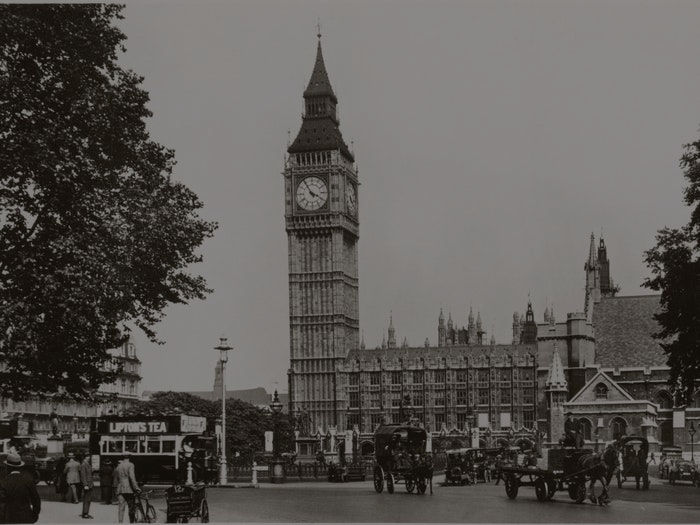
GREAT BRITAIN


When he first arrived in England, Nguyễn Ái Quốc worked at the Drayton Court Hotel. Uncle Hồ worked there for a while as a server, a furnaceman, and a kitchen assistant to have the opportunity to gain experience and gain insight into the world. An introduction about Uncle Hồ can also be found on the Drayton Court Hotel's website today because of His special connection with this location: “The Former Vietnamese leader, Hồ Chí Minh, toiled in the kitchens of the Drayton Court Hotel in 1914, before going on to change his country's history, driving out invaders from Japan, France and the United States.” Furthermore, the kitchen that Uncle Hồ worked in was totally renovated during the 2011 renovation and is now a part of the light-filled, spacious "pub garden" at the back of the hotel.

Not stopping there, Nguyễn Ái Quốc continued on to visit several locations throughout this country where the sun never sets to acquire and absorb more information to serve the revolutionary cause. Nowadays, most articles often stated Uncle Hồ's longest working place was at the Carlton Hotel. Here, Uncle Hồ's first task was washing dishes. Later, after gaining people's trust, He turned into a specialist at serving cakes at large gatherings. But in 1940, during World War II, Nazi German aircraft utterly destroyed this location. In honor of Uncle Hồ's 100th birthday, following the establishment of the UK-Vietnam Friendship Association in 1990, in the front facade of the building in New Zealand has a blue plaque that says: “Hồ Chí Minh, 1890-1969, founder of modern Vietnam, worked in 1913 at the Carlton Hotel which stood on this site.”

The British Museum was among the other locations that the yound man Nguyễn Ái Quốc, frequently visited during this period - where Uncle Hồ frequently studied, read books, and picked up knowledge, setting the foundation for his future revolutionary philosophy. Specifically, Karl Marx—the world's greatest politician, philosopher, thinker, and cultural icon—wrote the Communist Manifesto here, one of the key records from the procedure that Nguyễn Ái Quốc used to choose the political course for founding the Party.

